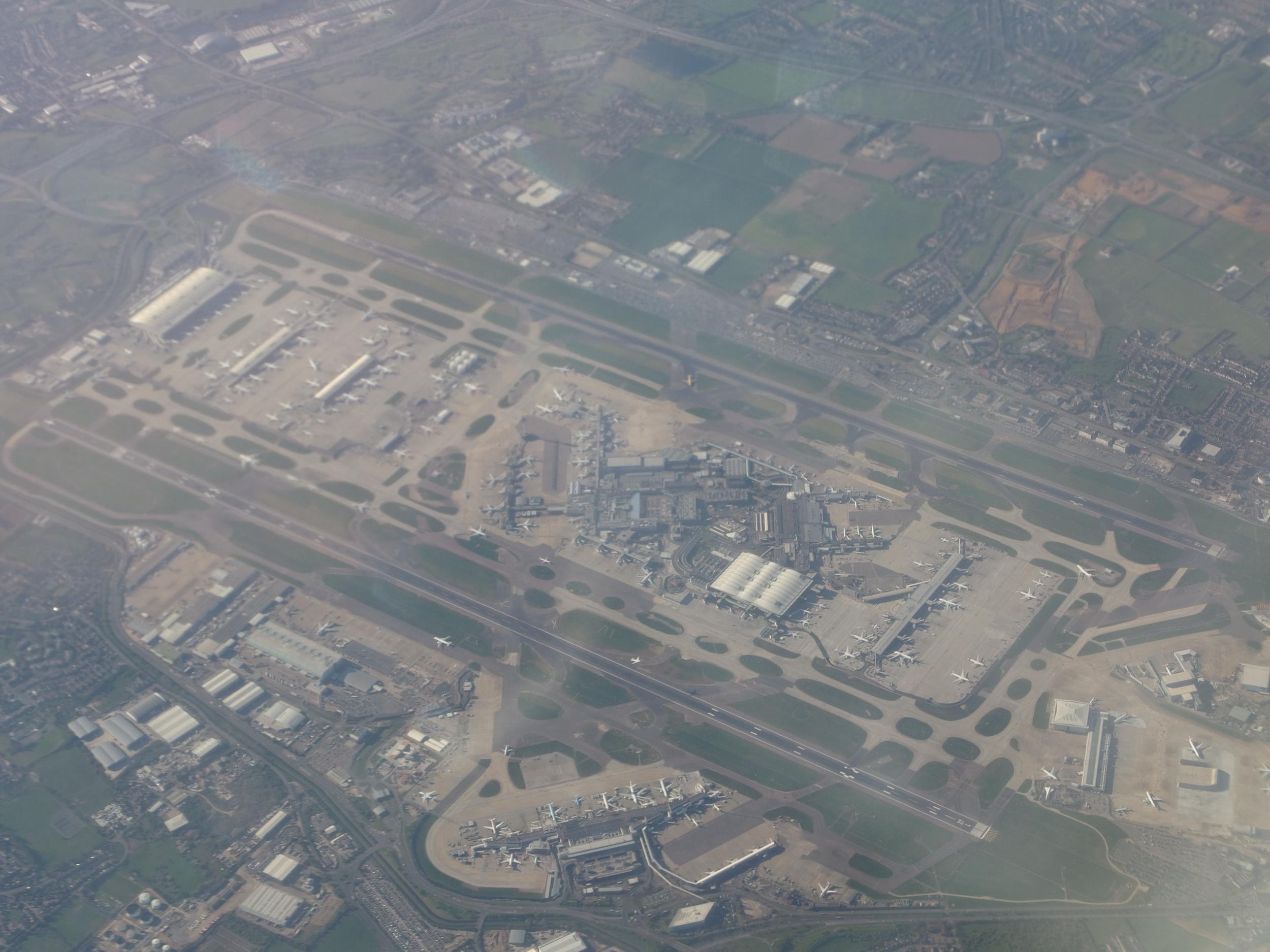US devices ban ‘likely to be extended to UK flights’
Ban would cause massive issues at Heathrow and other big airports

“As threats change,” says the US Transportation Security Administration (TSA), “so too will TSA’s security requirements”. Reports suggest that those requirements are about to get much tougher for European airline passengers wanting to fly to the US.
In March, the Department of Homeland Security rushed out a ban on electronic devices in hand luggage on flights from eight countries in North Africa and the Middle East.
Anything bigger than a mobile phone cannot be carried into the cabin of an aircraft flying from Jordan, Egypt, Turkey, Saudi Arabia, Kuwait, Morocco, Qatar and the UAE.
Soon afterwards the UK followed suit, except that Morocco, Qatar and the UAE were subtracted from the list and Lebanon was added.
The US position is a curious prohibition, because Emirates flights from Dubai to New York are regarded as “suspect” by the Americans, unless the plane touches down in Athens or Milan along the way.
Now, though, passengers using those and dozens of other “Last Point of Departure” airports could find themselves subject to the same ban. CBS is reporting that a decision in the next few weeks is likely to extend the ban to include flights from Europe.
If the reports are true, the number of flights affected worldwide would increase from a few dozen each day to many hundreds.
More passengers at Heathrow would suffer than anywhere else: it is the main European hub for transatlantic flights. A vast amount of extra security effort would be needed in order to ensure that passengers to every country except the US can take their iPads, laptops and Kindles into the cabin at normal, while those heading for New York, Miami and Los Angeles are deprived of their technological supports.
Heathrow and Gatwick, which also handles a lot of transatlantic traffic, are respectively the busiest two-runway and single-runway airports in the world. As many previous issues have shown, resilience in the event of disruption is a problem.
Passengers are likely to be dismayed at the prospect of a long flight without entertainment or the chance to work, and the impact on US tourism is likely to be significant. But security tends to overrule considerations about inbound tourism.
The Department of Homeland Security says: “Evaluated intelligence indicates that terrorist groups continue to target commercial aviation, to include smuggling explosive devices in various consumer items.” It cites as evidence “the 2016 attempted airliner downing in Somalia”, in which a bomb concealed in a laptop detonated in flight, killing only the perpetrator.
But in the latest edition of Aviation Security International, the editor, Philip Baum, points out: “An airport employee literally handed over the device to the passenger thereby circumventing the passenger screening system.
“Were there to be direct flights from Somalia to the UK or the US, the latest restrictions would have had no effect whatsoever; the only people to be inconvenienced would have been those law-abiding passengers who checked their laptops into the hold.”
He says the measures as presently imposed “defy common sense”.
But the Department for Homeland Security insists: “Our information indicates that terrorist groups’ efforts to execute an attack against the aviation sector are intensifying given that aviation attacks provide an opportunity to cause mass casualties and inflict significant economic damage, as well as generate overwhelming media coverage.”
It is pledged to “adjust its security measures to ensure the highest levels of aviation security”. Which could spell a summer of disruption for transatlantic travellers.
Join our commenting forum
Join thought-provoking conversations, follow other Independent readers and see their replies
Comments
Bookmark popover
Removed from bookmarks